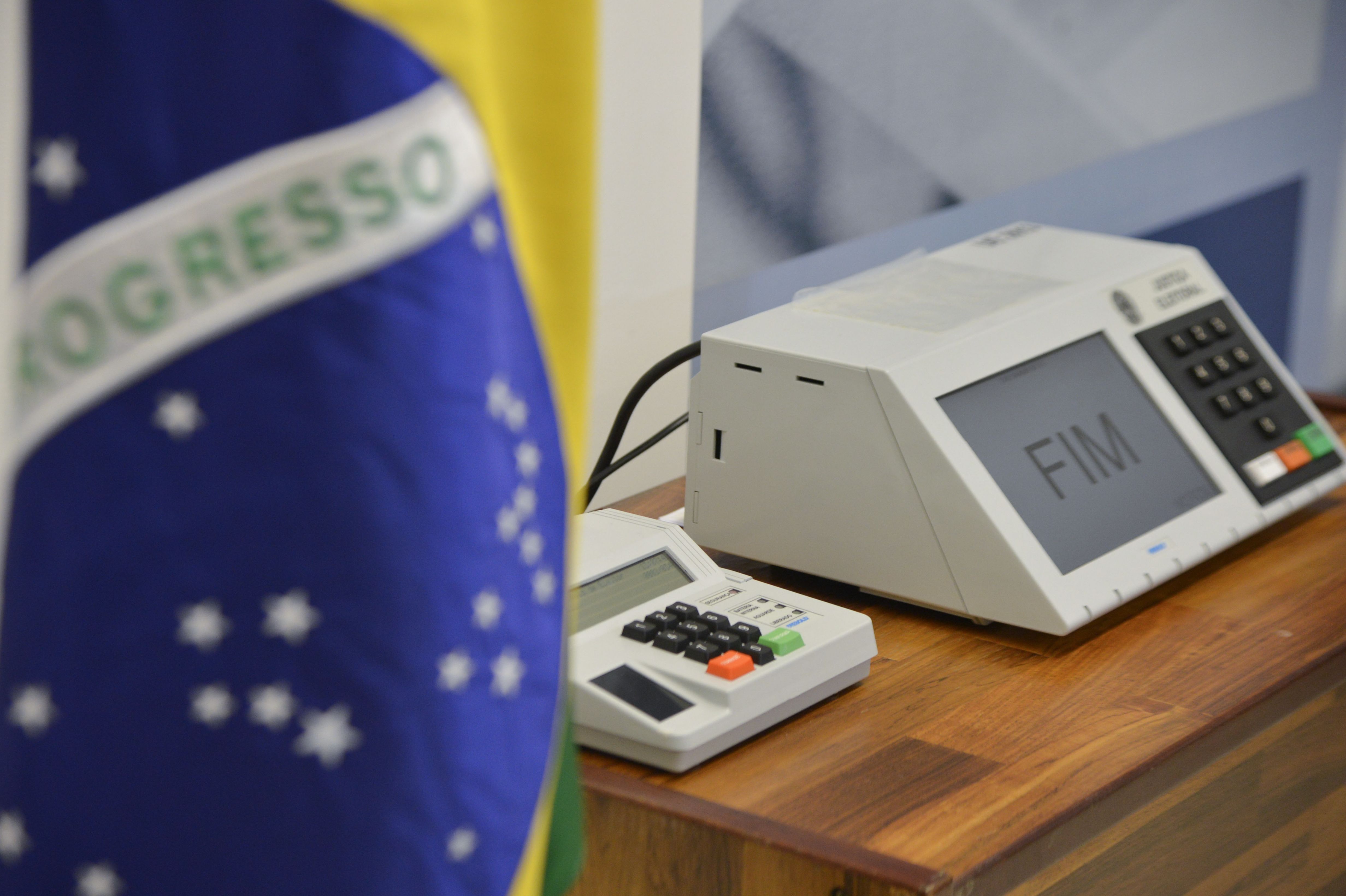query_builderUpcoming elections in Brazil prompt currency fluctuation
All News
->All Brazil News
Published: 7/31/2018
Brazil´s currency has faced a dramatic devaluation since the beginning of the year, influenced by both external and internal tendencies. From the external perspective, the expectation of a higher interest rate in the United States, which would attract capital to the country and make dollars overall less available, is the main concern. The commercial tensions between the US and China and the political friction between the US and Iran add up to the risk aversion that looms over the global economic scenario.
In the internal front, the unpredictability of the upcoming presidential elections in October is putting additional pressure on the exchange rate, which will only recede if a reformist candidate wins. Current president Michel Temer has failed to approve a number of reforms deemed crucial by the financial market, and his political weakness has caused him to make concessions during a recent strike involving Brazilian truck drivers, worsening the fiscal situation.
Despite these uncertainties and their dramatic consequences to Brazil´s currency, the country´s imports have been in a rising trajectory for six consecutive trimesters. The Ministry of Industry, Foreign Trade and Services has particularly highlighted the upswing in imports of capital goods, which is seen as an important indicator of companies’ willingness to invest. Industry capacity utilization has indeed picked up in June, whereas stocks have decreased in the same month.
Brazil´s economic recovery has been expected since the beginning of 2018, after almost four years of recession. The initial optimism at the beginning of the year has been replaced by progressive reductions of the GDP growth expectation, after a disappointing growth rate of 0.4% observed in the first trimester. Current forecasts have predicted that the Brazilian economy will grow 1.5% in 2018, and inflation will remain low at around 4%.
Brazilian imports from the UAE have grown almost 70% in the first semester of 2018, in comparison to the same period of 2017, which resulted in a reduction of Brazil´s surplus with the UAE.
Source: Valor Econômico, Ministry of Industry, Foreign Trade and Services (MDIC), Diário Comércio Indústria e Serviços (DCI).
-
No Attachments
